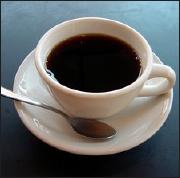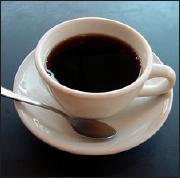
(Brent Schwert)
I’m bringing phrenology back. Actually, I’m not. But modern day proponents, if there are any, of this now defunct 19th-century pseudoscience might find fertile ground in Korea.
This idea occurred to me when, after discussing why plastic surgery was so popular here (and Asia at large for that matter), one of my students, a college-aged girl who said she wanted plastic surgery but, in my opinion, definitely didn’t need plastic surgery in the way an unfortunate few do (take me to task for writing this if you want, but I mean “need” it in the sense that people fit for “The Swan” or victims of disfiguring accidents “need” it to have some chance at success in our image-obsessed society) said that, and I’m paraphrasing, there is a tradition in Korea of believing that people with “good faces” are good people and people with “bad faces” are, well, bad people. And you can extrapolate from that on a sliding scale.
I immediately asked her, “You don’t think there are beautiful people who are evil or ugly people who are good?” And without too much effort to contemplate the answer, she announced, “No.”
Now, there are (at least) two problems here that arise to my mind. The first is that my student does not represent the thoughts of Koreans at large, though I can’t say she for sure doesn’t either. The other is that I don’t think America and its inhabitants are necessarily beacons of hope in a world gone image-mad either. If anything, it originated with us. It just seems like a casual plastic surgery culture has really caught on in Korea and taken on a life surpassing what it is in the U.S. However, persisting in contemplating our sick sad world is fairly depressing. Still, it got to me to thinkin’: What’s in a face?
There is a lighter, if not outright hilarious side to this whole face-as-indicator-of-personality idea, and it comes to mind whenever I see Koreans who look like an Asian version of people from back home. Among celebrities alone, I have spotted Korean versions of Al Franken, Brad Pitt and old-school Molly Ringwald. Also, this may not be impressive but top Korean comedian, Yu Jae Seok, is a dead ringer for Don Knotts. And it’s 10 times funnier when you see people who look like people you actually know.
This is all to say that there is a sick, tragic side and a funny side to the it’s-okay-to-judge-a-book-by-it’s-cover phenomenon. I’m definitely more likely to try to replace a friend from back home with an exact facial replica here. How sick is that?

